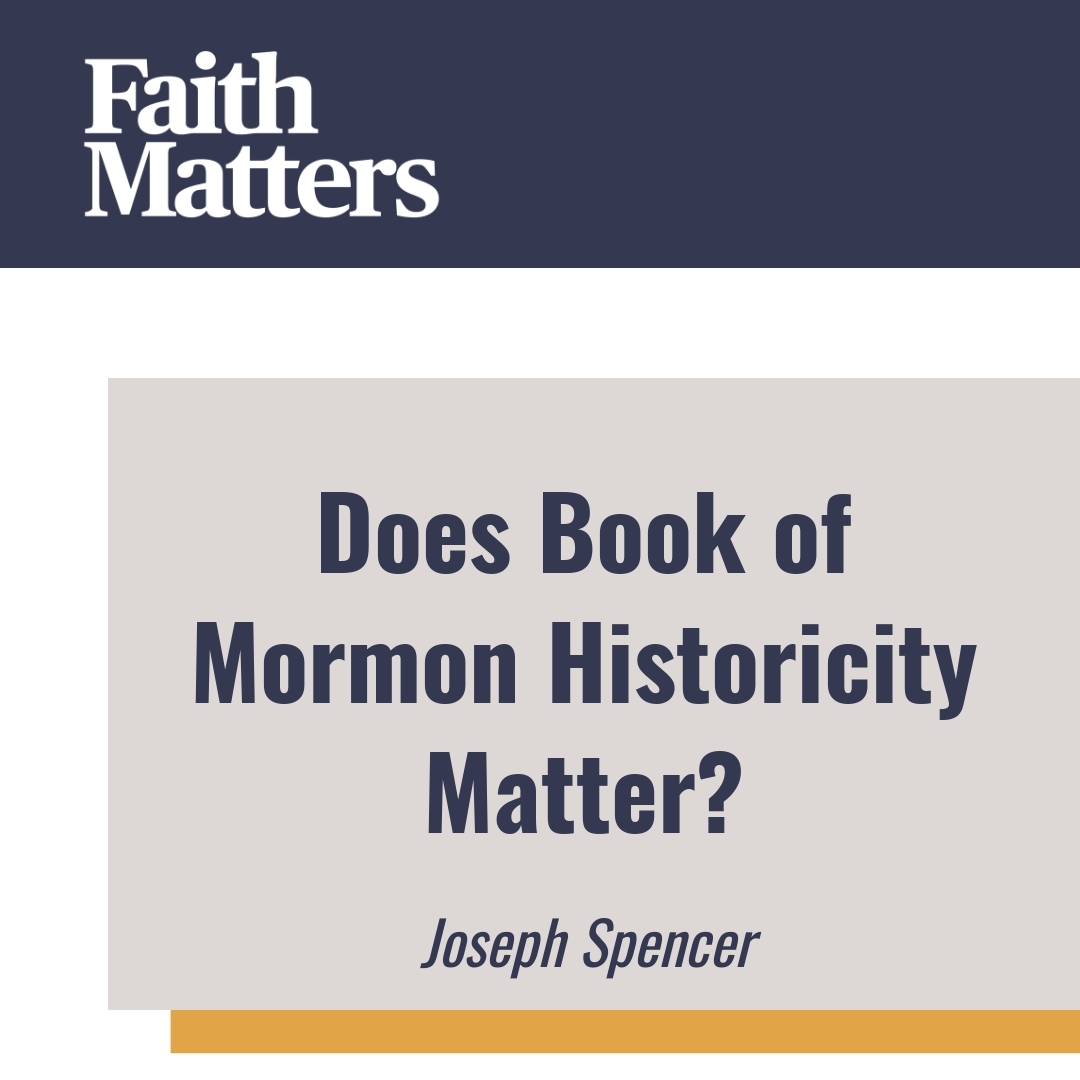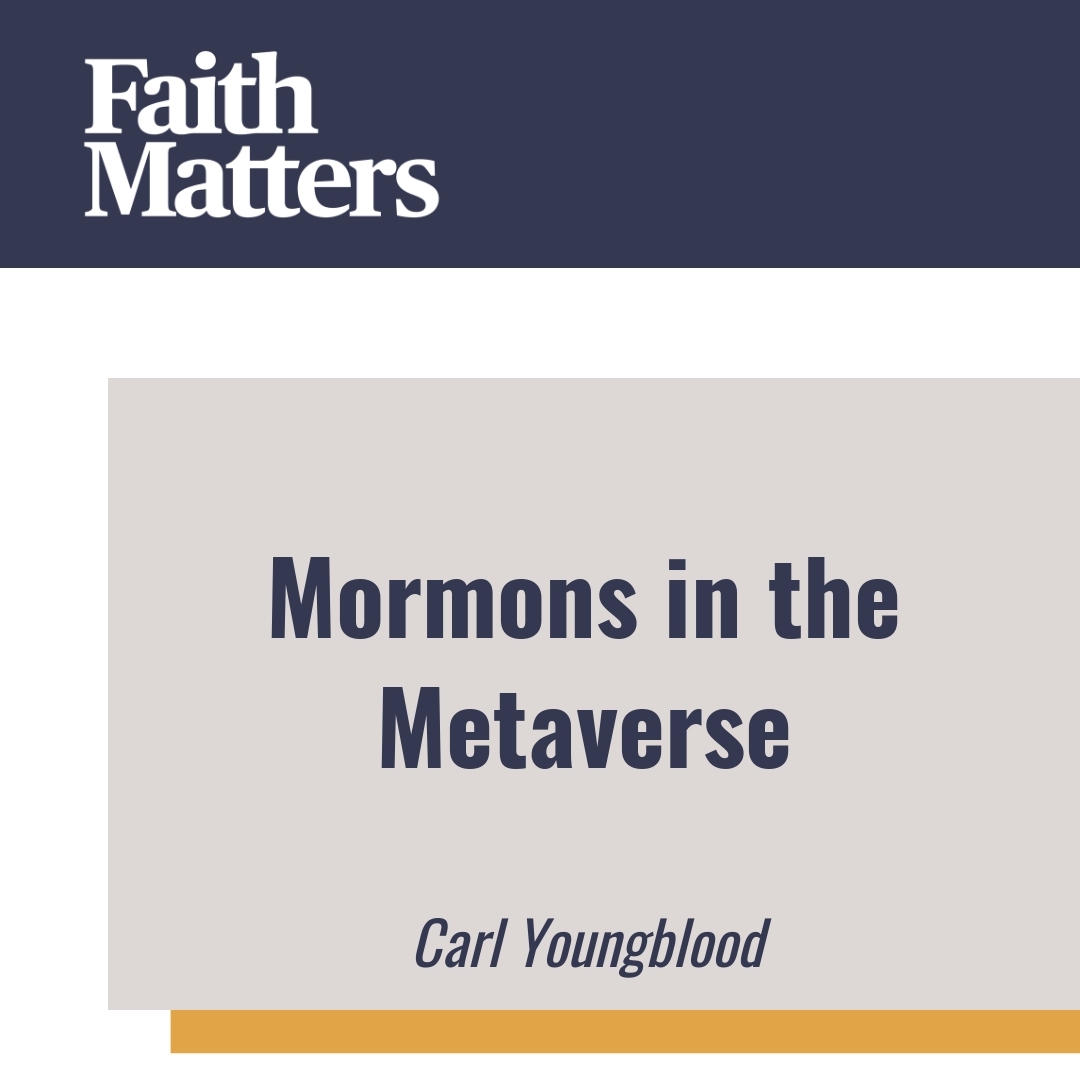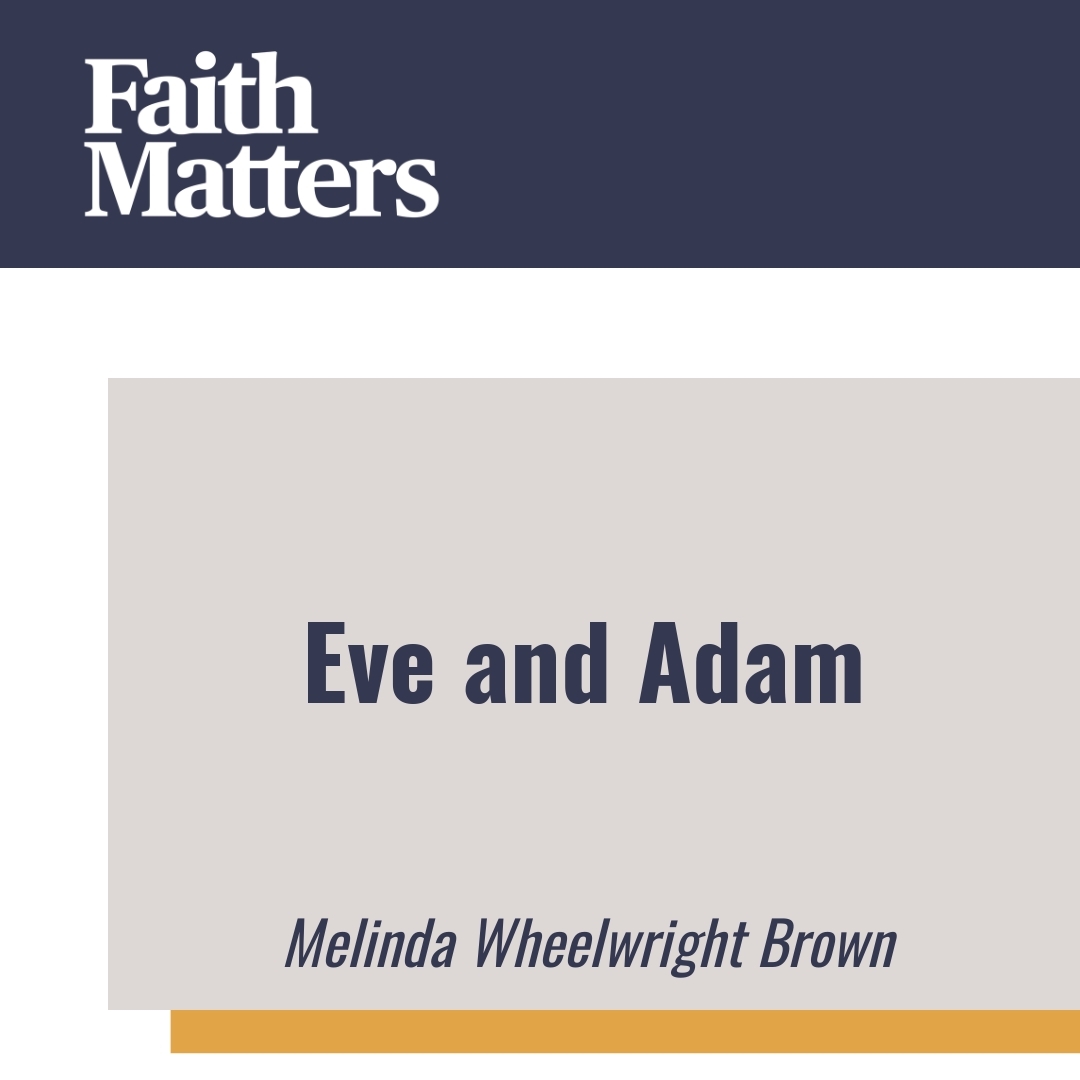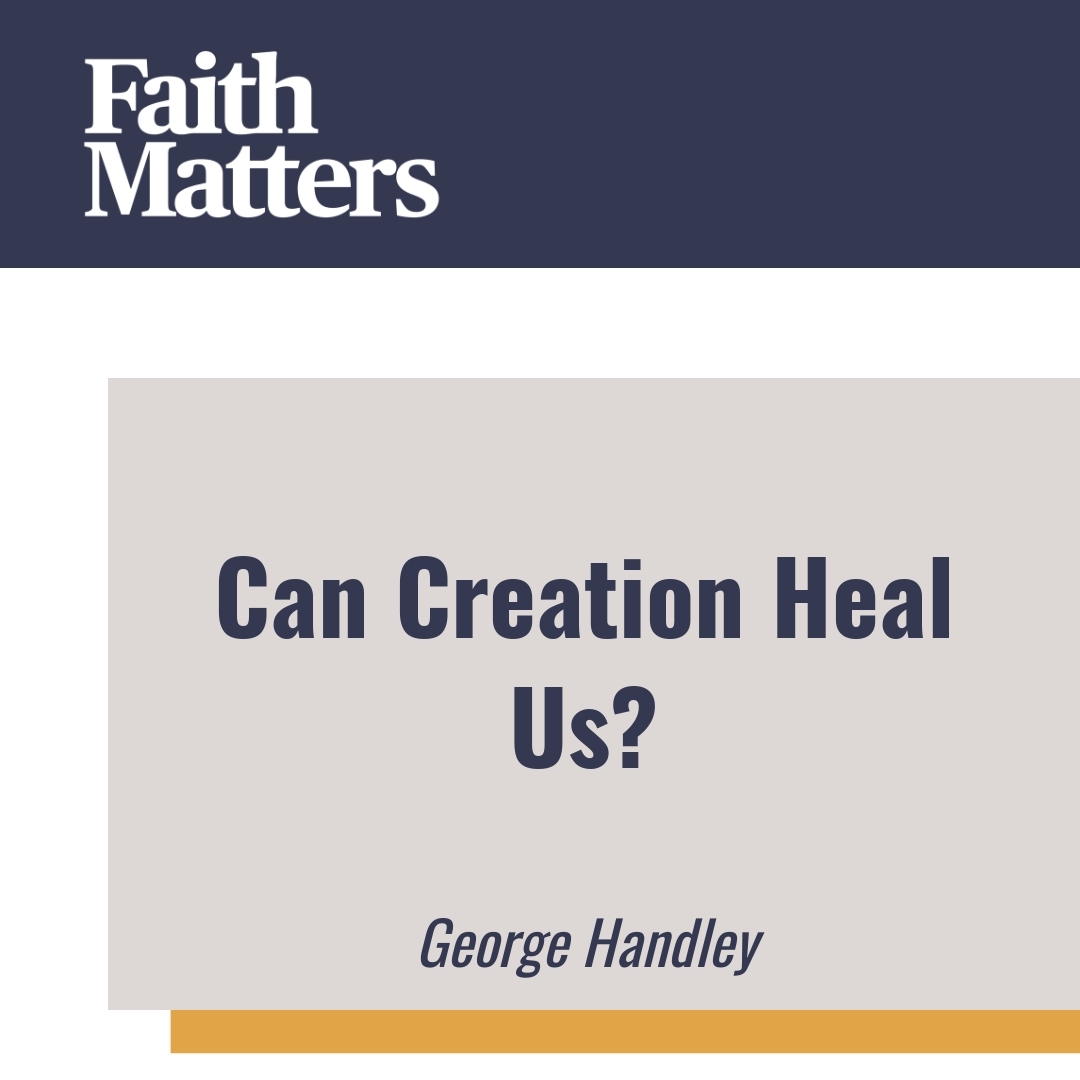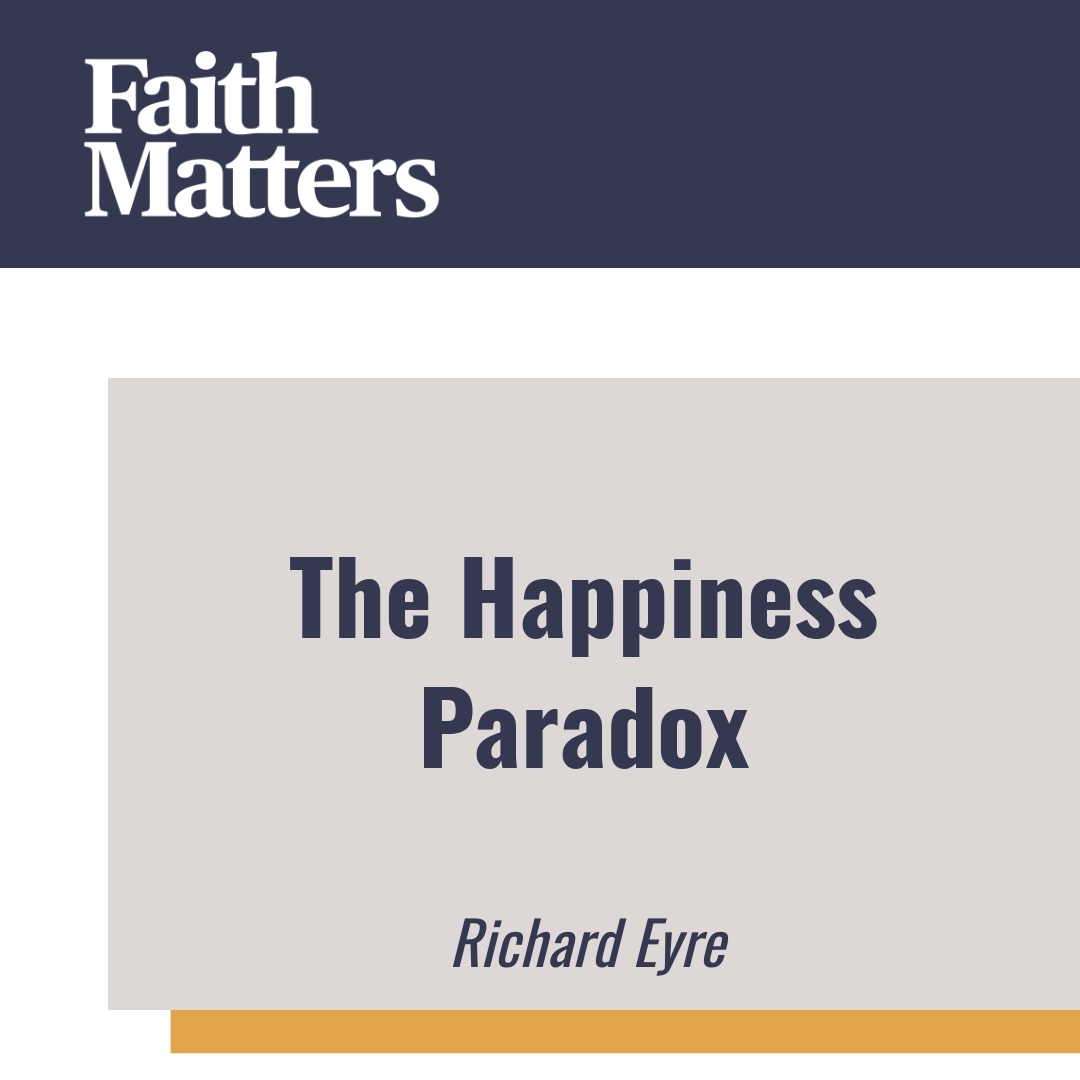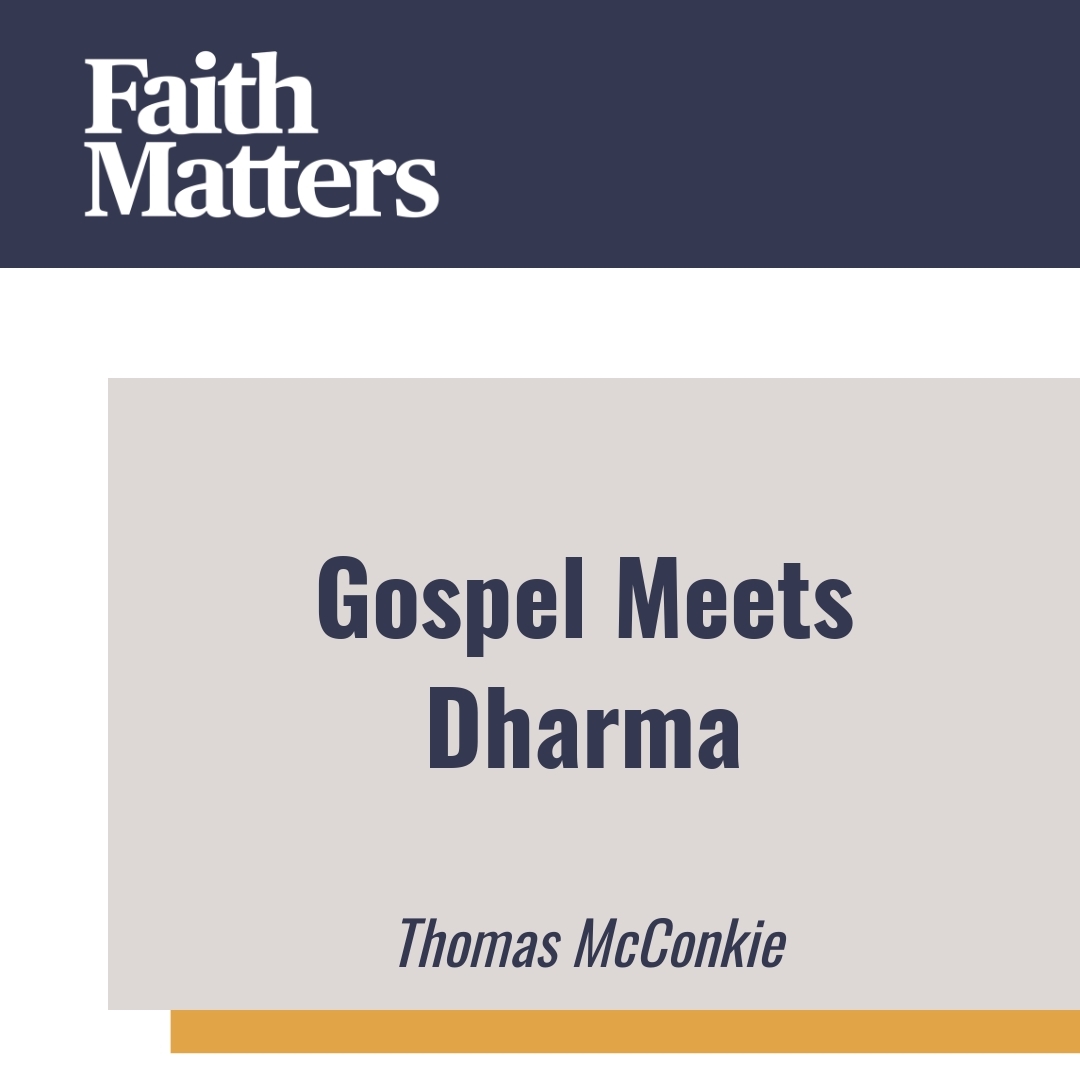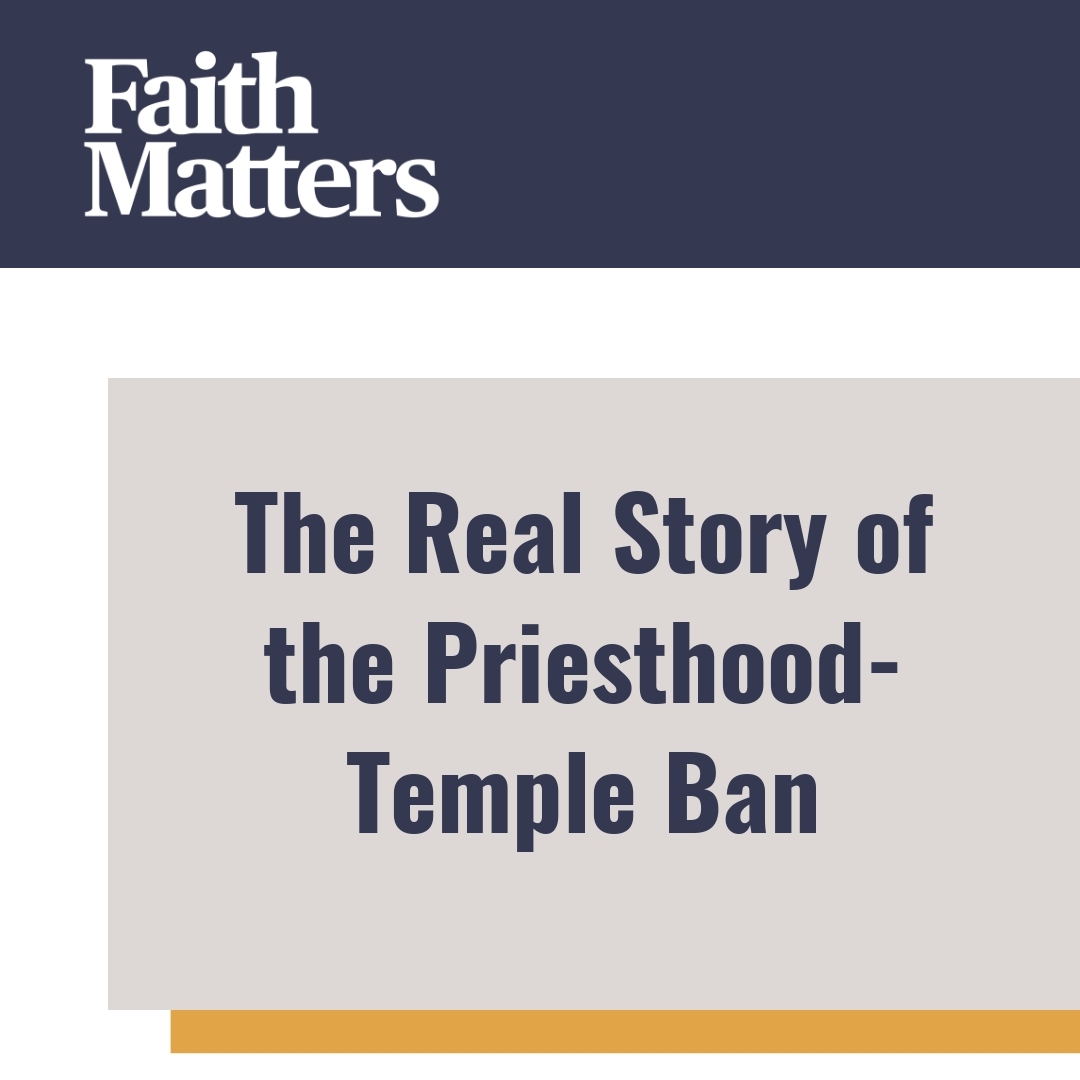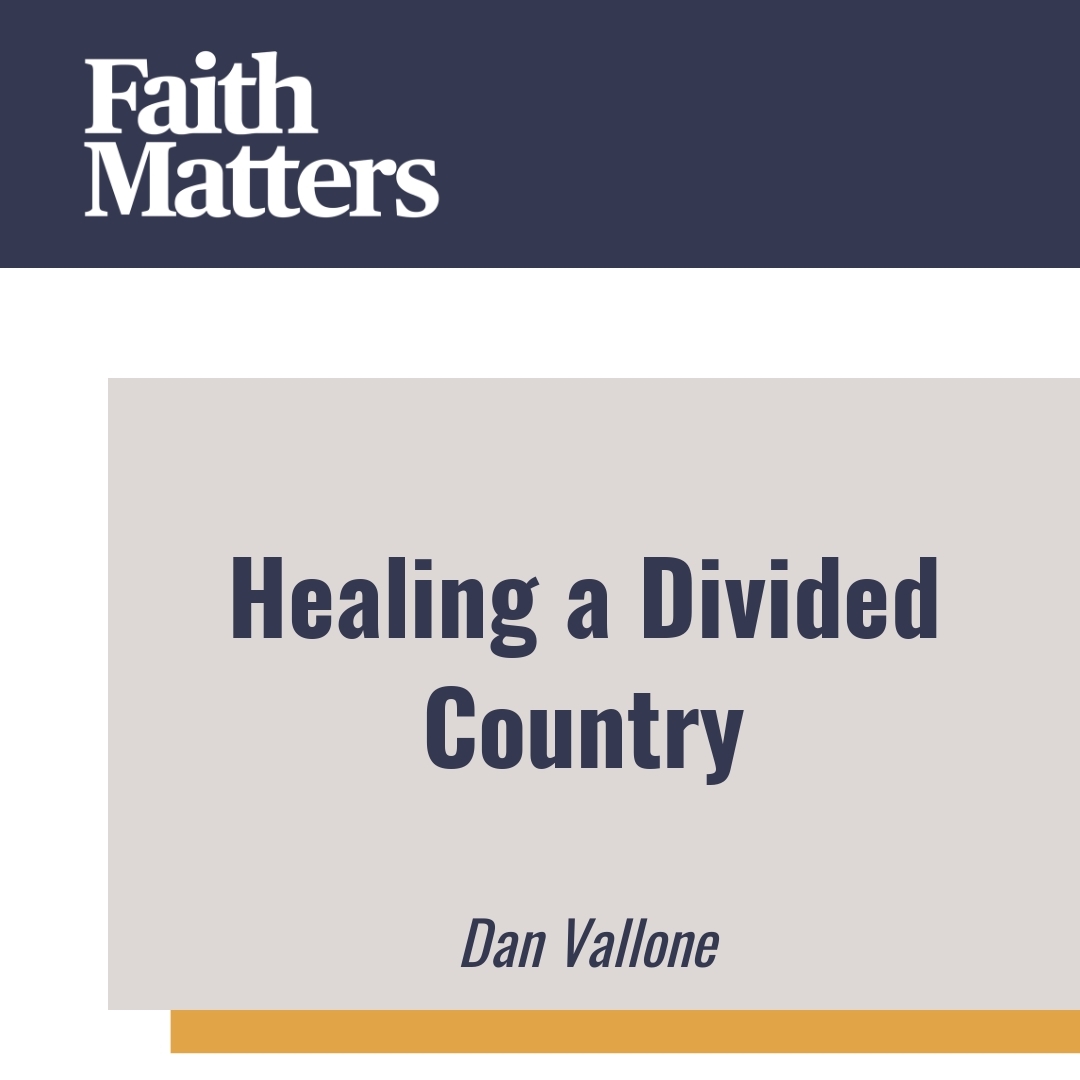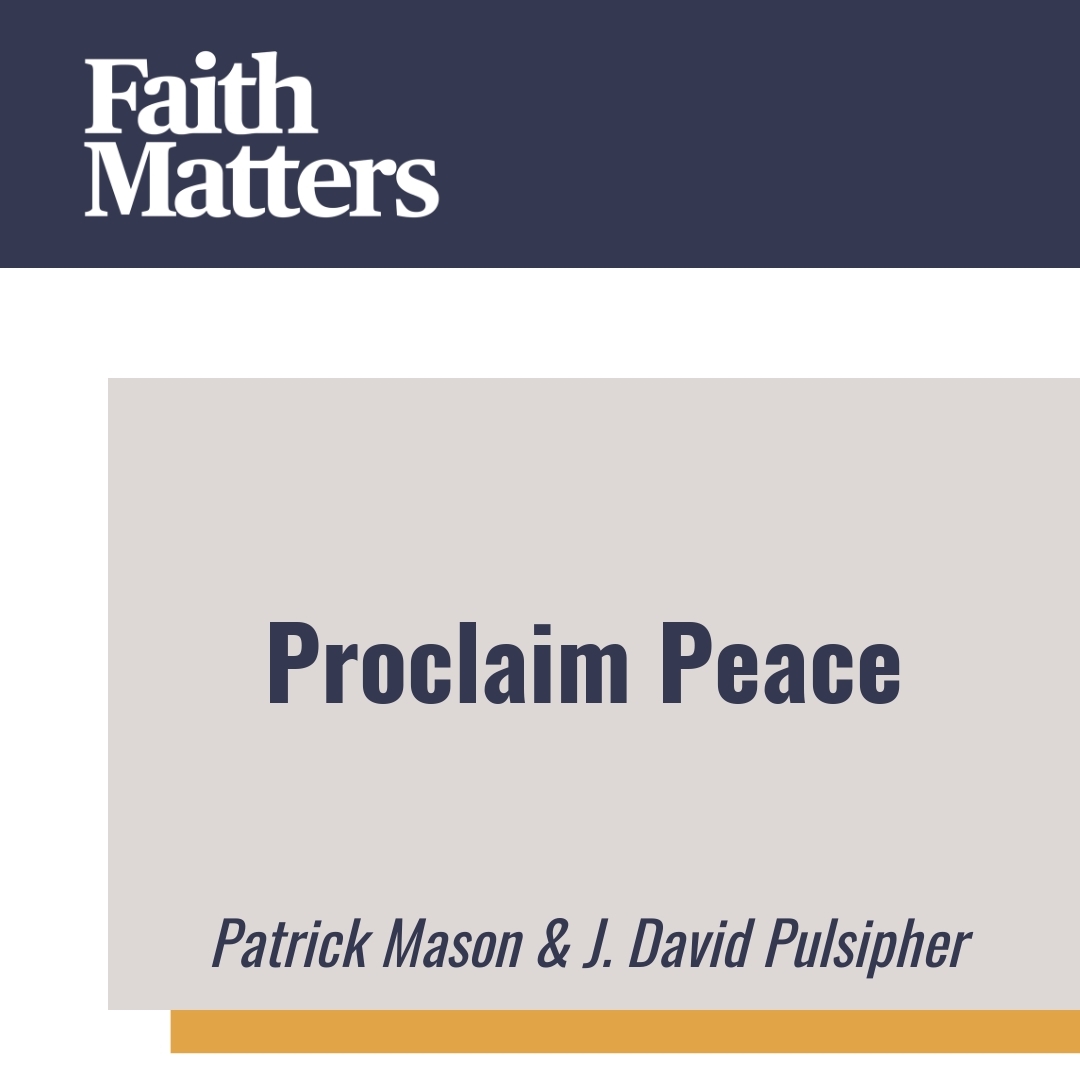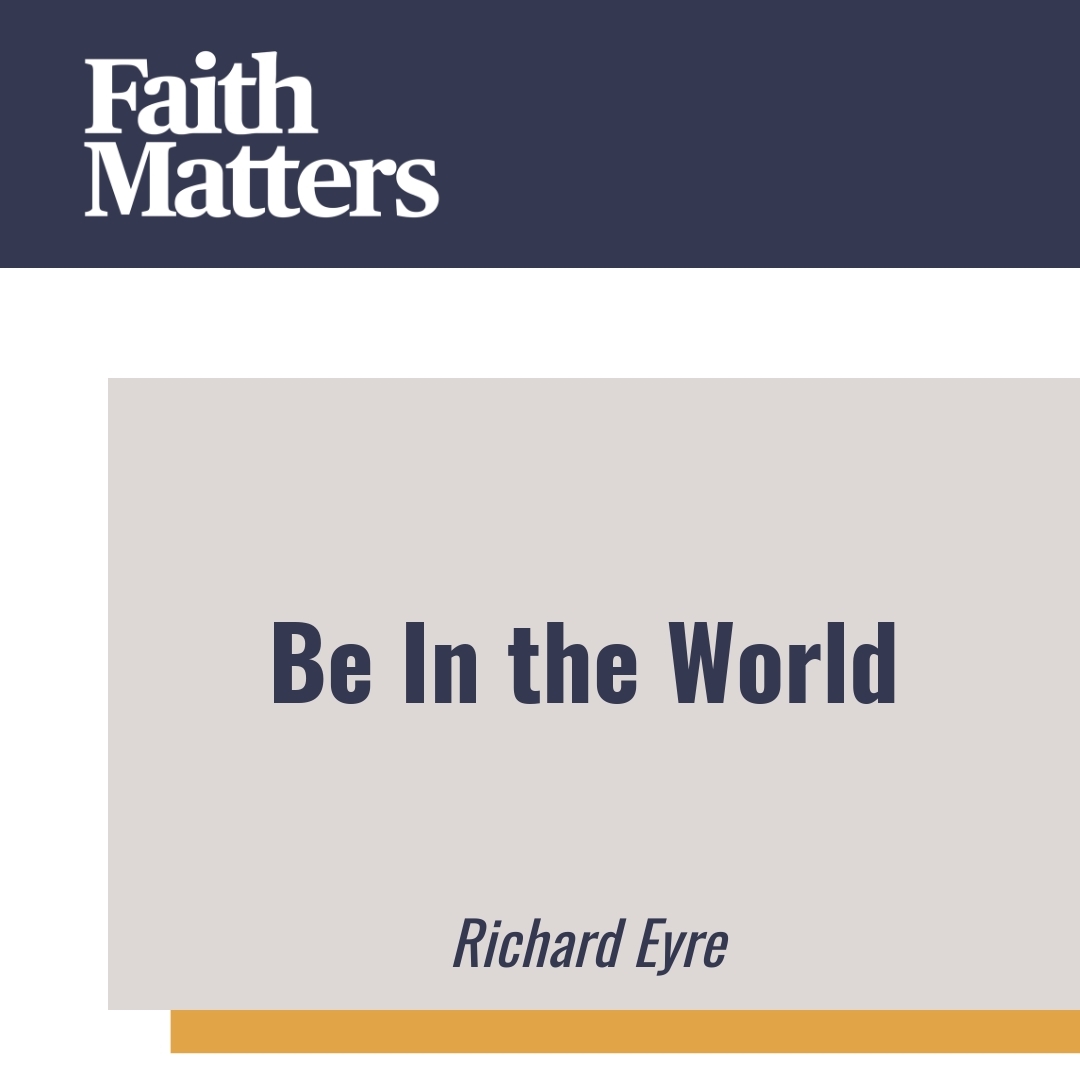Faith Matters offers an expansive view of the Restored Gospel, thoughtful exploration of big and sometimes thorny questions, and a platform that encourages deeper engagement with our faith and our world. We focus on the Latter-day Saint (Mormon) tradition, but believe we have much to learn from other traditions and fully embrace those of other beliefs.
In this episode, we’re diving into one of the questions from our Big Questions series: Terryl Givens invited Joseph Spencer, a philosopher and professor of ancient scripture at Brigham Young University, to talk about the question of Book of Mormon historicity. The claim that the Book of Mormon is a translation from ancient plates written by Hebrew people who immigrated to the American continent has been challenged from its first publication, and conclusive confirming evidence has been equally controversial. So what is at stake in either affirming or questioning the historicity of the Book of Mormon as the modern translation of an ancient record?
For this week's episode, we brought on Carl Youngblood for a truly enlightening conversation we’ve been wanting to have for a long time. Carl has spent most of his life helping to build and operate technology companies and has done a lot of deep thinking and writing about how technology is shaping our reality and our future—including how it will affect what it means to be human.
This week, we were lucky enough to spend some time with Melinda Wheelwright Brown, to talk about her book Eve and Adam: Discovering the Beautiful Balance, which was published by Deseret Book.We thought it would be great to start the year diving right into the first pages of the Old Testament — the chapters that we usually refer to as the story of “Adam and Eve.”
For this week’s episode, we’re releasing a classic conversation between George Handley and Terryl Givens — one that was released very early in the life of this podcast, and that many of you may not have yet heard.The first chapter of Genesis says: “In the beginning, God said let there be light, and there was light.” God created this extraordinary world, the scriptures tell us, through the power of his Word.
For this conversation, we were lucky enough to bring back Richard Eyre for a second episode, this one focusing on his book, The Happiness Paradox. We loved the book and thought this discussion would be really timely for the new year, since many of us are hoping to find new paradigms that might help us live in a healthier, happier way. We believe that Richard’s book does just that.
Many of you are familiar with Thomas Wirthlin McConkie. For those of you who are not, here’s a very cursory thumbnail sketch of his story:Coming from a very prominent Latter-day Saint family (with apostles on both sides of the family), Thomas left the Latter-day Saint faith as a teenager, eventually moved to China and for two decades deeply immersed himself in Buddhism.
As we approach the portion of the Come Follow Me curriculum that addresses Official Declaration 2, we thought we’d re-release a classic episode of the podcast that many of our newer listeners may not have heard — a conversation between Terryl Givens and Paul Reeve that explores the history of the Church’s priesthood-temple ban that concluded in 1978.
This week, Faith Matters was delighted to welcome Dan Vallone, the US Director for More in Common, a nonprofit foundation whose mission is to build a more united and inclusive America that is resilient to the profound threats posed by our country’s polarization.
For this episode, we spoke with Patrick Mason and David Pulsipher about their new book, "Proclaim Peace: The Restoration’s Answer to an Age of Conflict". The book was recently published by BYU’s Maxwell Institute.
For this episode, we got to speak with Richard Eyre, a man whose career has spanned a number of roles, including that of an author, consultant, entrepreneur, and speaker.

